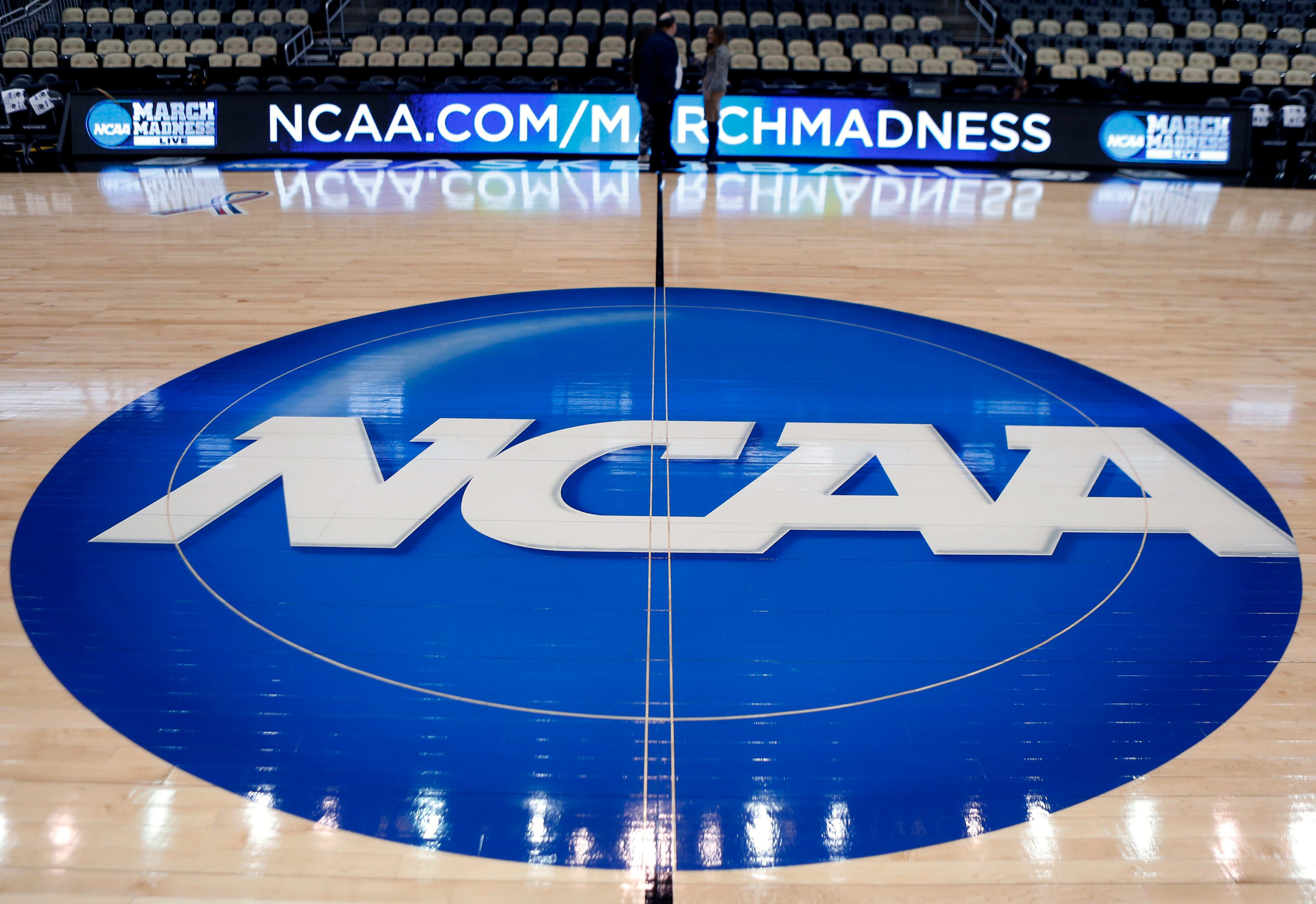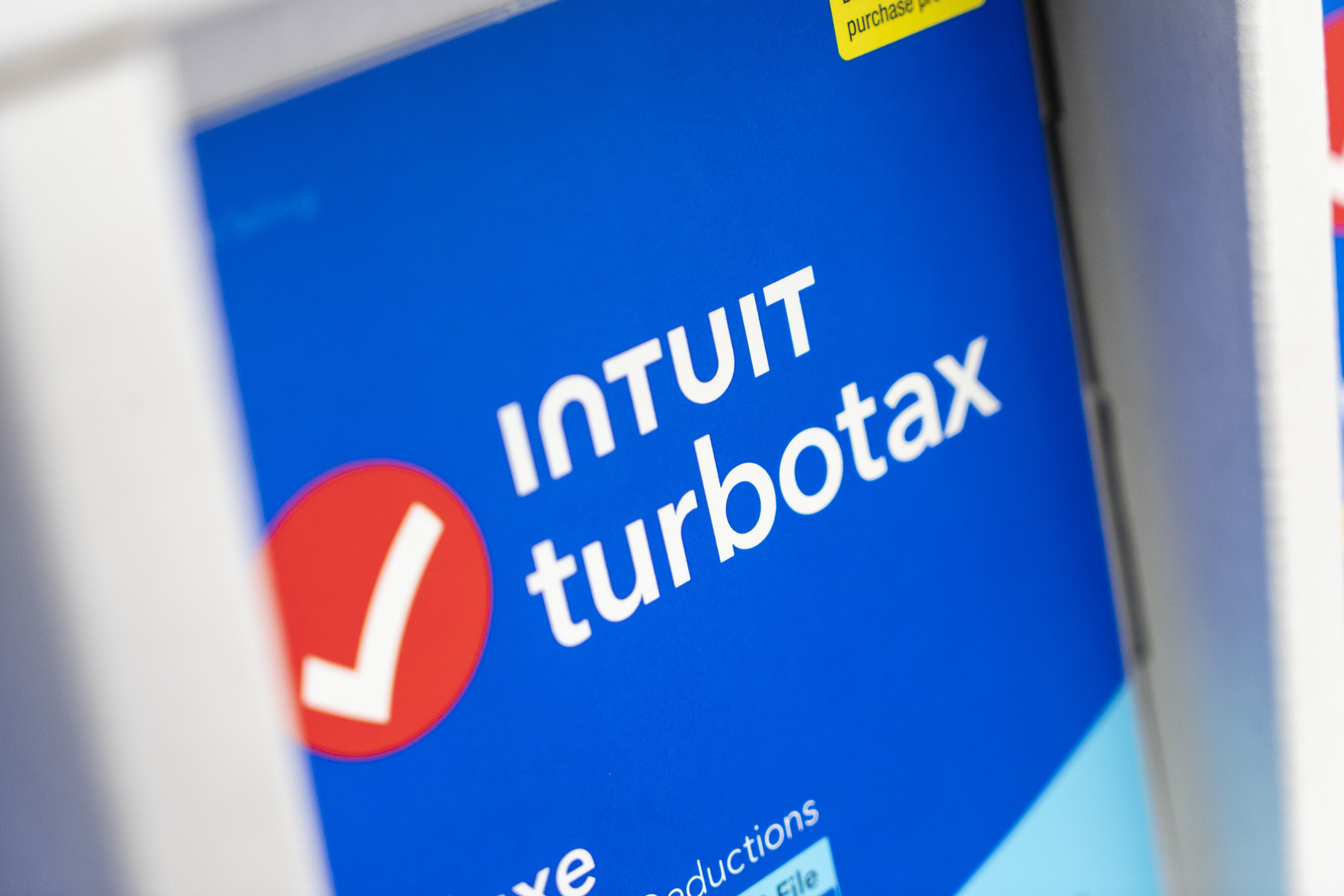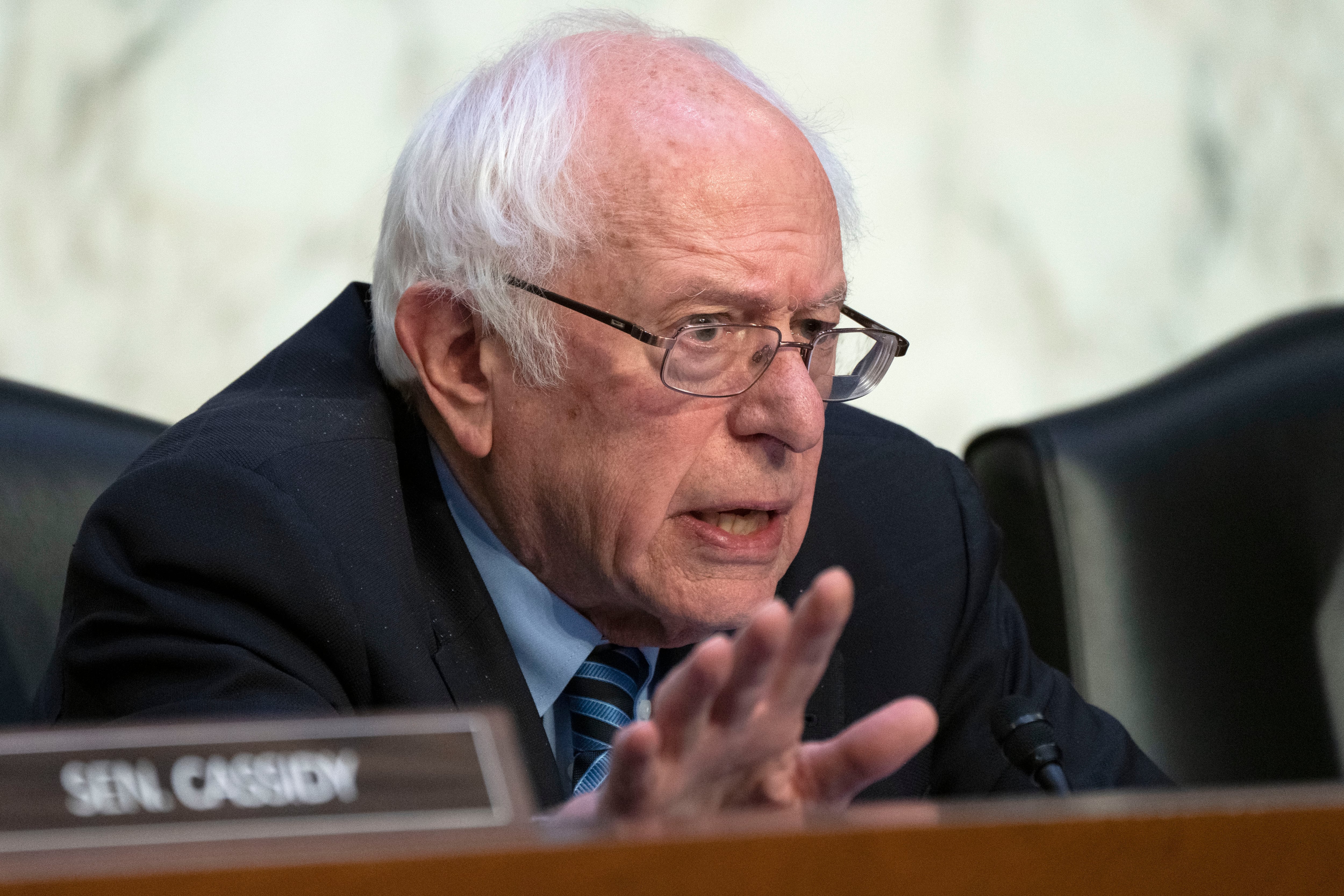By Christopher Rugaber
U.S. employers added 390,000 jobs in May, extending a streak of solid hiring that has bolstered an economy under pressure from high inflation and rising interest rates.
Last month’s gain reflects a resilient job market that has so far shrugged off concerns that the economy will weaken in the coming months as the Federal Reserve steadily raises interest rates to fight inflation. The unemployment rate remained a low 3.6% in May, just above a half-century low, the Labor Department said Friday.
The job growth in May was high enough to keep the Fed on track to pursue what's likely to be the fastest series of rate hikes in more than 30 years. Stock market futures fell Friday after the government released the jobs report, reflecting that concern.
Businesses in many industries remain desperate to hire because their customers have kept spending freely despite intensifying concerns about high inflation. Americans’ finances have been buoyed by rising pay and an unusually large pile of savings that were accumulated during the pandemic, particularly by higher-income households.
Workers, in general, are enjoying nearly unprecedented bargaining power. The number of people who are quitting jobs, typically for better positions at higher pay, has been at or near a record high for six months.
In May, Friday's jobs report showed, more Americans came off the sidelines of the workforce and found jobs, a sign that rising wages and plentiful opportunities are encouraging people to look for work. Rising prices might also have led some to take jobs: The number of people ages 55 or over who are working rose last month, suggesting that some older Americans are “unretiring” after leaving their jobs — or being laid off — during the pandemic and its aftermath.
Average hourly wages rose 10 cents in May to $31.95, the government said, a solid gain but not enough to keep up with inflation. Compared with 12 months earlier, hourly pay climbed 5.2%, down from a 5.5% year-over-year gain in April and the second straight drop. More moderate pay raises could ease inflationary pressures in the economy and help sustain growth.
Nearly every large industry added workers in May. One major exception was retail, which shed nearly 61,000 positions. Some large retailers, including Walmart and Target, have reported disappointing sales and earnings. Last month, Walmart said it had over-hired and then reduced its head count through attrition.
Construction companies added 36,000 jobs, a hopeful sign for Americans who have bought new homes that aren't yet built because of labor and parts shortages. Shipping and warehousing companies, still struggling to keep up with growing online commerce, added 47,000 jobs. Restaurants, hotels and entertainment venues hired 84,000.
The strength of the job market is itself contributing to inflationary pressures. With wages rising across the economy, companies are passing on at least some of their increased labor costs to their customers in the form of higher prices. The costs of food, gas, rent and other items – which fall disproportionately on lower-income households -- are accelerating at nearly the fastest pace in 40 years.
Inflation had begun surging last year as spiking demand for cars, furniture, electronic equipment and other physical goods collided with overwhelmed supply chains and parts shortages. More recently, prices for such services as airline tickets, hotel rooms and restaurant meals have jumped as Americans have shifted more of their spending to those areas.
To try to cool spending and slow inflation, the Fed last month raised its short-term rate by a half-point, its biggest hike since 2000, to a range of 0.75% to 1%. Two additional half-point rate increases are expected this month and in July. And some Fed officials have suggested in recent speeches that if inflation doesn’t show signs of slowing, they could implement yet another half-point increase in September.
The Fed’s moves have already sharply elevated mortgage rates and contributed to drops in sales of new and existing homes. The rate hikes have also magnified borrowing costs for businesses, which may respond by reducing their investment in new buildings and equipment, slowing growth in the process.












